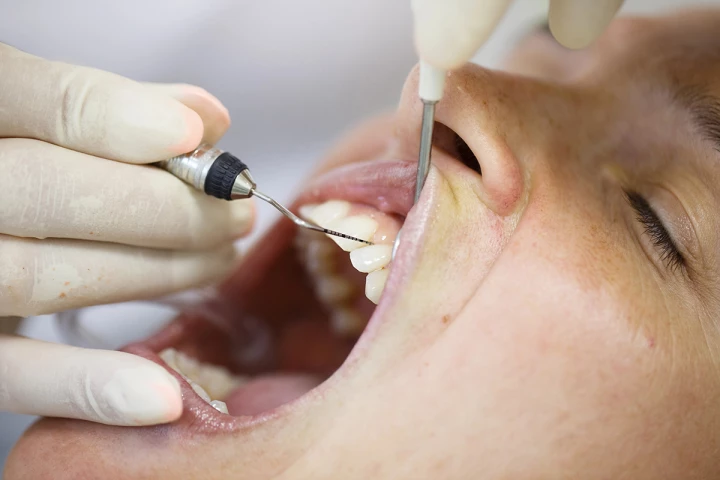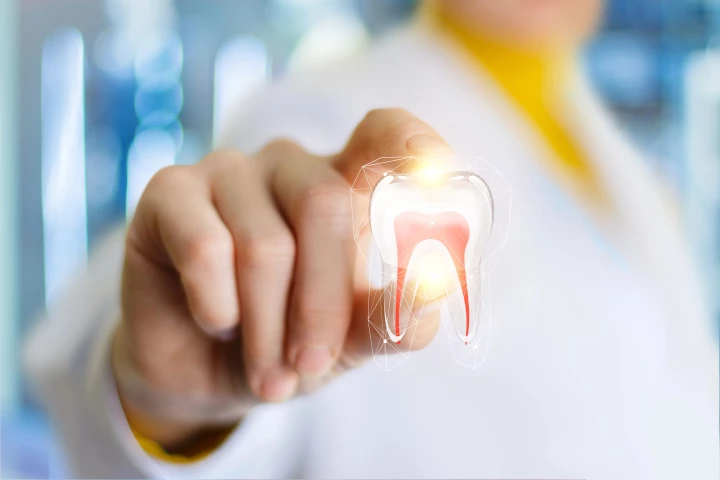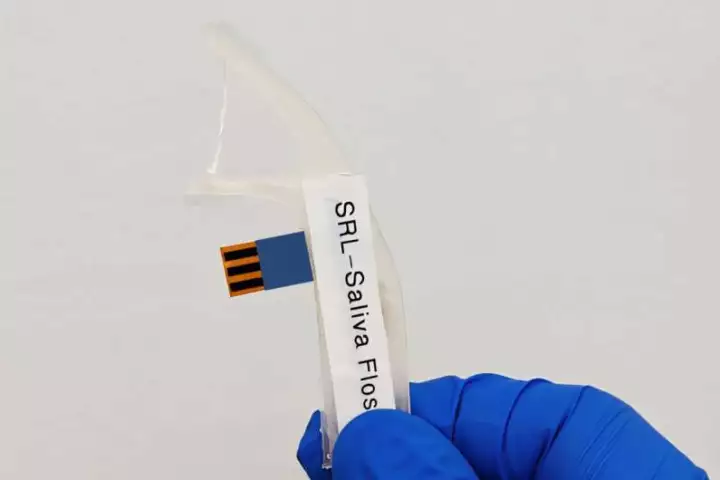Dental
-
This portable dental blaster should probably be called a vapor flosser, as it fires surprisingly forceful bursts of up to 98% air through the gaps in your teeth, making efficient use of water as it blasts out debris.
-
A herbal mouthwash selectively killed off bad bacteria in the mouth while preserving the good strains, according to a new study. It's proposed as an alternative to conventional mouthwashes, which were found to kill indiscriminately and damage gum tissue.
-
When it comes to dental checkups, no one likes having their gums poked with the periodontal probe. Well, they may soon no longer have to, thanks to a gum-assessing toothbrush-shaped mini ultrasound transducer.
-
Researchers have found an indication of depression in a slightly unexpected place – the microbiome inside our mouths. The finding opens a new route of inquiry that could lead to novel antidepressant treatments and help other ailments as well.
-
Scientists have developed an innovative new stem cell-infused implant that "grows" into the gum and fuses with existing nerves to function much like a real tooth. It's also gentler on the patient, expanding like memory foam to sit securely in place.
-
You already know when you are feeling highly stressed, but low-grade background stress is harder to detect. A new dental flosser from researchers at Tufts University aims to make it easier by monitoring the chemistry of your saliva.
-
I didn't know it was possible to pay this much for a toothbrush – or that it was possible to pack in so many gadgets. This is a study in outrageous excess and over-engineering... But the end result is frankly amazing.
-
Nightmare fuel? Maybe – but in a historic moment for the dental profession, an AI-controlled autonomous robot has performed an entire procedure on a human patient for the first time, about eight times faster than a human dentist could do it.
-
Flossing your teeth on a daily basis can be a time-consuming, fiddly task. The Flaus electric flosser is designed to change that, as it reportedly allows users to perform a thorough and easy flossing in less than one minute.
-
The world's first human trial of a drug that can regenerate teeth will begin in a few months, less than a year on from news of its success in animals. This paves the way for the medicine to be commercially available as early as 2030.
-
About 10,000 years ago, a group of hunter-gatherers were hanging out in what is now south-western Sweden chewing pieces of birch tar. New analysis of that substance reveals that they may have had very modern dental issues.
-
The most comprehensive genetic map of oral stem cells to date has provided new insight into their specialized development pathways and opens the door to targeted regenerative medicine and interventions, such as therapies to grow or repair bone.
Load More











